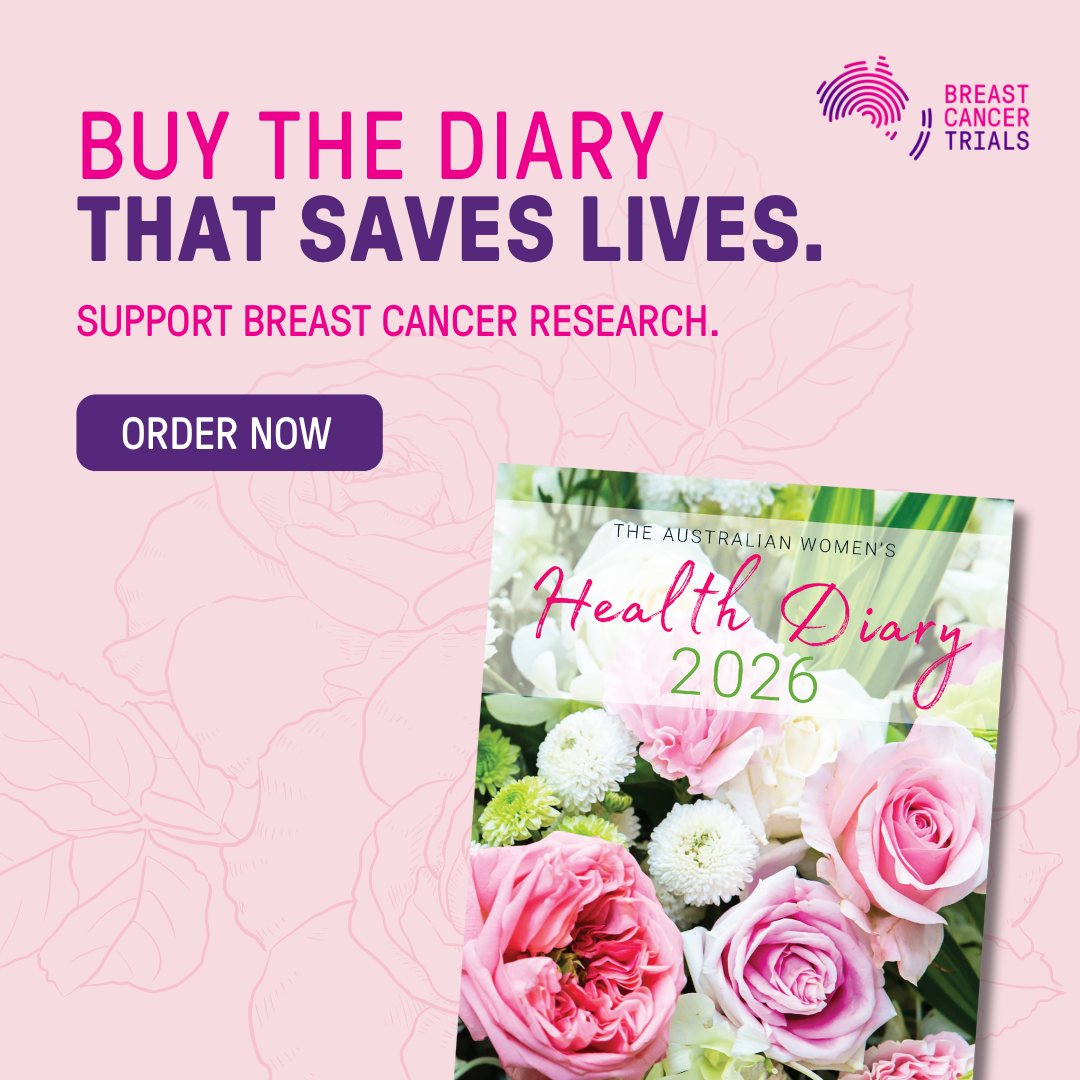A heavy silence descended on the chamber as the Senator rose to her feet to speak.
‘This is a time of crisis, unprecedented in the history of the nation,’ she said, ‘under conditions never before paralleled in this country.’
You could be forgiven for thinking this was a recent speech delivered in the midst of the coronavirus crisis. In fact, it was a very different moment-in-time, six long decades ago, during the Second World War, when the formidable Dorothy Tangney, the first woman elected to the Australian Senate, rose to give her maiden speech.
Her words are eerily relevant this week – a strange, socially distanced sitting week of parliament – as we mark the anniversary of Australian women first earning the right to vote and to stand in federal elections.
In June 1902, the Commonwealth Franchise Act was passed, but it would be more than four decades later that Dame Dorothy Tangney and Dame Enid Lyons took their seats in the Senate and the House of Representatives respectively, and another two decades before Aboriginal and Torres Strait Island women were given the right to join them.
Even still, it is an important moment in Australia’s history which needs to be noted, a time for us to pause and reflect.
Although the Act was passed 118 year ago, I was astounded to find that I was just the 14th woman to represent Victoria when I was elected to the Senate in 2016. It took four rather bruising attempts at pre-selection before I was given that honour.
Still, my only regret is that I didn’t put my hand up sooner. I should’ve backed myself earlier.
Today, there are more women serving in parliament than ever before and I am proud that so many talented women are at the helm of the portfolios that play a critical role throughout COVID-19. Ministers like Marise Payne, Linda Reynolds, Anne Ruston, Karen Andrews and Michaelia Cash – to name only a few – are at the front line of the Government’s successful response.
But, there is still work to be done and I wholeheartedly encourage women at any age, and at any stage to look at public life. As my colleagues would attest, even as a rookie backbencher you can make significant change, you are a powerful and influential voice around the table and in the Party Room.
I had great jobs before politics. I have loved the people I’ve worked with and loved the industries I’ve worked in, but politics is different.
It’s crazy life and it’s demanding in the extreme. It takes up all of your brain space, it tests your intellect and your ability, and at times it can be really challenging, but most of the time it is profoundly satisfying. To be a part of – to contribute to – meaningful change is by far the most fulfilling thing I’ve ever done.
Despite what people imagine, and despite the combative and argumentative images you see on television, there is a wonderful camaraderie among the women of parliament, on all sides, and especially in the Senate.
Away from the cameras, the so much of the work we do is about relationship building, negotiation, problem solving, stakeholder management and project management – skills women have in abundance.
I have learned that conflict is important. You’ve got to be able to test your ideas and have the ticker to back yourself, and you’ve got to be tough enough to forgive yourself when you get it wrong and forgive your opponents when you’re thwarted, demonstrate grace under fire and move on to the next thing, rather than dwell on your mistakes.
I promised in my maiden speech that I would not pull the ladder up behind me, that I’d reach down and offer my hand to those women who will come after me. It’s the best way to honour not only the women who take their seat here, but those who’ve tried and not made it, for whatever reason.
You often hear that women are our own worst enemy. I beg to differ. In fact, I think that’s a banal platitude used to foment division and suspicion among female colleagues. My experience couldn’t be further from the truth.
And so I say to women thinking about entering public life; don’t wait until there’s a ‘perfect’ moment, that moment never comes! Just do it.
We need more women to put their hands up, to take the plunge and have a go.
As women like Dorothy Tangney and Enid Lyons proved – good government, good policy and good politics depend on it.



